1. What if Hitler had won World War II?
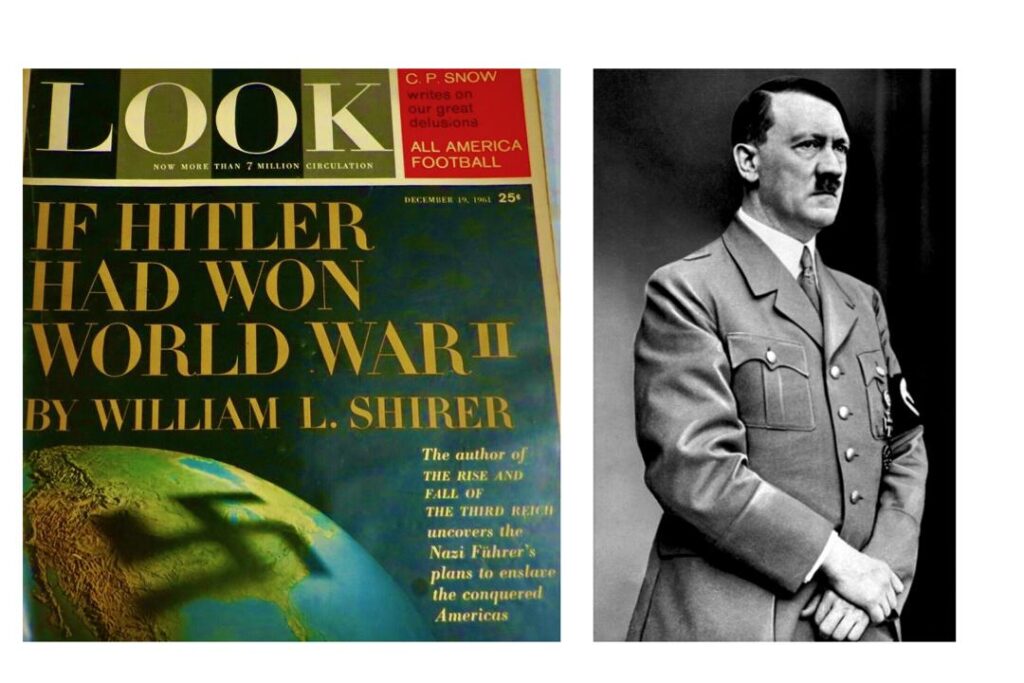
The victory of Nazi Germany was, frighteningly, a real possibility, as historians like Sir Ian Kershaw have long maintained. Had the D-Day invasion in June 1944 failed, or if Britain had collapsed under the relentless Blitz in 1940, a fascist-dominated Europe was the most likely outcome. In such a world, democracy in Europe would have been utterly suppressed, with borders violently redrawn to serve the Reich’s expansionist policies. The genocide against Jewish people and other targeted groups would have continued unchecked, fulfilling the architects’ chilling “Final Solution” across a greater sphere of influence. Moreover, the global balance of power would have shifted entirely, pitting a triumphant Nazi Germany against the emerging superpower of the United States and a potentially still-surviving Soviet Union in a terrifying new type of Cold War. The world would be structured by racial hierarchy and totalitarian rule, a nightmare scenario that highlights how narrow the margin for Allied victory truly was.
2. What if World War I had never happened?
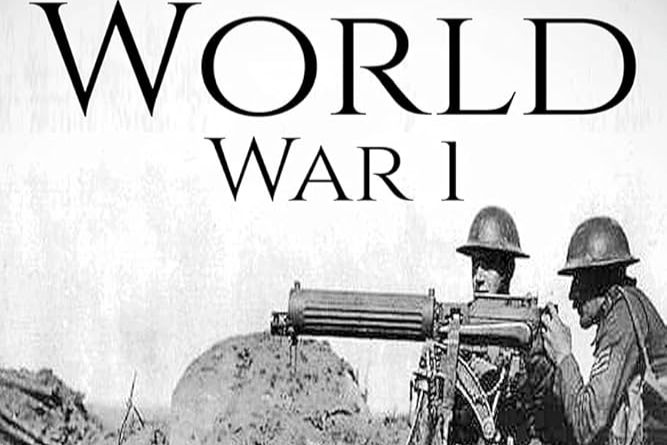
The First World War, triggered by the assassination of Archduke Franz Ferdinand in 1914, was not an inevitable event, a view championed by historians like Margaret MacMillan in Paris 1919. Without the cataclysm, the Russian Empire might have avoided the Bolshevik Revolution, potentially sparing the world decades of communism, starvation, and Cold War tension. The crumbling Ottoman Empire might have survived in some form, drastically altering the political map and subsequent conflicts in the Middle East, including the foundation of modern Israel. Crucially, Germany would not have faced the punitive, economically devastating terms of the Treaty of Versailles, a humiliation that directly fueled the nationalist resentment and economic instability leveraged by Adolf Hitler’s rise to power. In this alternative 20th century, Europe would have developed under a different, arguably more stable, economic and cultural trajectory, potentially avoiding the even more destructive World War II entirely.
3. What if the 1918 flu pandemic had been worse?
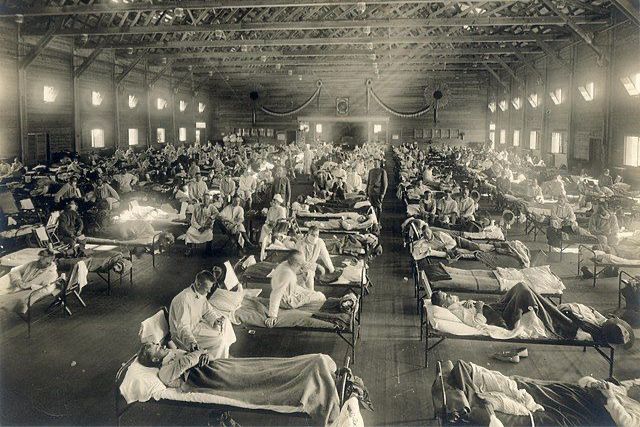
Known as the Spanish Flu, the 1918-1919 pandemic killed at least 50 million people globally, more than World War I itself, but its death toll could have been far higher. Had the H1N1 virus strain mutated to be simultaneously more transmissible and more lethal, or if the waves of infection had persisted longer, entire national governments and social orders might have collapsed. Historians of medicine note the existing pandemic already contributed to political instability in the 1920s, accelerating social tensions and economic disruption worldwide. A vastly worse scenario might have prevented the United States from emerging as the dominant global superpower due to catastrophic internal loss, or it could have created a vacuum of power in Europe where extremist movements, like those in Italy and Germany, would have found conditions for their rise even more fertile and immediate. It could have led to a civilizational setback with progress stalled for decades.
4. What if the stock market hadn’t crashed in 1929?
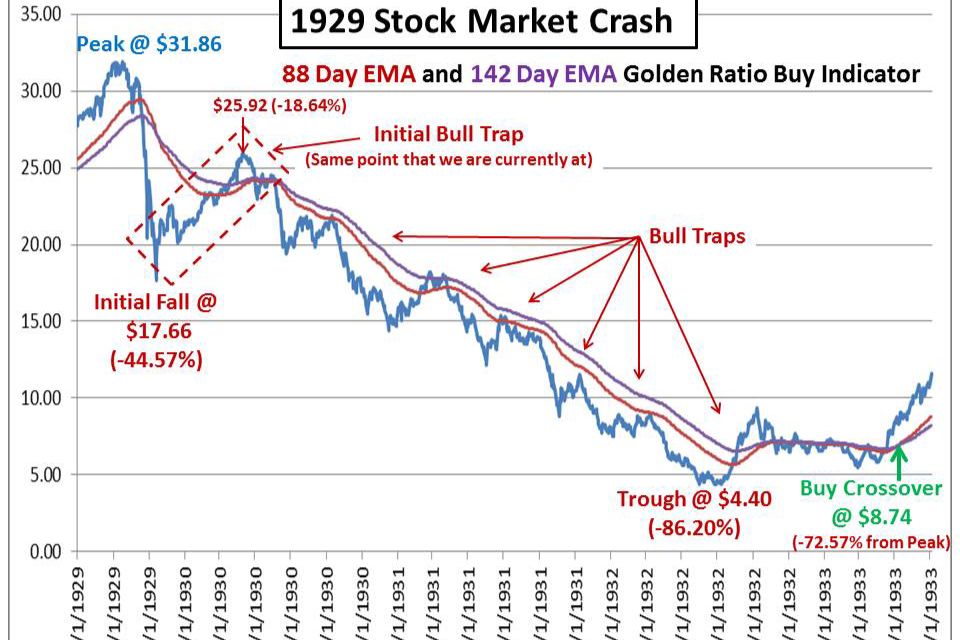
The Wall Street Crash of October 1929 and the resulting Great Depression were pivotal moments that redefined global economics and politics. If the financial system had been better regulated, preventing the speculative bubble and subsequent panic, the decade-long economic collapse might have been averted. The immediate consequence would have been continued, if slower, economic growth, potentially keeping the conditions of mass unemployment and despair, factors crucial for the rise of extremist movements, significantly weaker in Germany and Italy. Without the Great Depression, Franklin D. Roosevelt’s sweeping New Deal reforms, which created the fundamental social safety net of modern America, might never have been deemed necessary. However, as economist John Kenneth Galbraith noted, the underlying financial practices were unsustainable, meaning avoiding the 1929 crash might only have delayed a similar, perhaps even more severe, crisis down the line.
5. What if the atomic bomb wasn’t dropped?
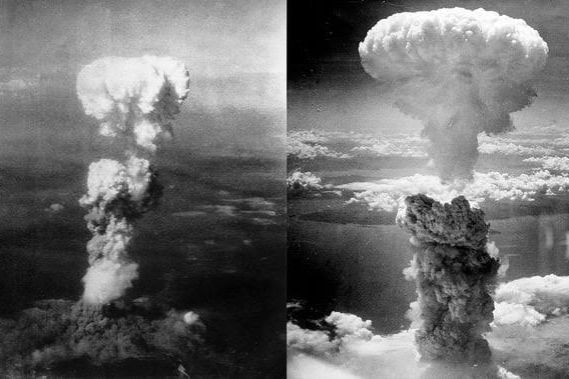
The decision to drop atomic bombs on Hiroshima and Nagasaki in August 1945 ended World War II but birthed the Nuclear Age. If President Harry S. Truman had opted for a non-lethal demonstration, or if Japan had surrendered slightly earlier, the unprecedented destructive force might have remained theoretical. As documented by historians like Richard Rhodes, there’s a strong chance the Soviet Union, developing its own bomb, might have been the first to test or deploy a nuclear weapon, instantly shifting the nascent Cold War dynamic. Without the shock of the bombings to immediately establish the terrifying reality of nuclear warfare, the Cold War might have been fought with less restraint. It may have even escalated earlier, as the “nuclear deterrent”, the fear of mutual destruction, was a lesson learned from the bombings, fundamentally defining the geopolitics of the latter half of the 20th century.
6. What if JFK had lived?
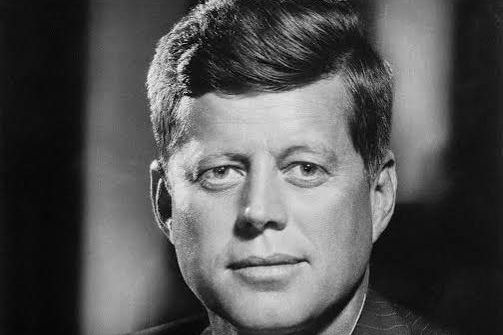
President John F. Kennedy’s assassination in November 1963 was a seismic cultural and political shock. If he had survived his term and been re-elected, major historical trajectories could have been altered. Historians speculate that Kennedy, having already signaled a desire to reassess U.S. involvement in Southeast Asia (via National Security Action Memorandum 263), might have prevented the massive escalation of the Vietnam War undertaken by his successor, Lyndon B. Johnson. His continued leadership on civil rights could have shaped the legislation and hastened the pace of racial equality, potentially mitigating some of the violent unrest of the late 1960s. Furthermore, the Apollo space program, which Kennedy championed, might have received even more visionary direction, perhaps accelerating plans for a Mars mission and boosting American confidence during the Cold War in a sustained way.
7. What if Martin Luther King Jr. had survived?
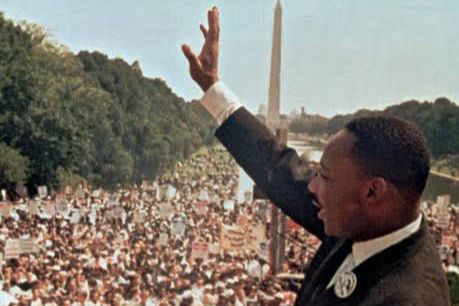
The murder of Dr. Martin Luther King Jr. in April 1968 removed the most effective advocate for nonviolent social change in American history. Had he lived, his continued influence, as noted by biographer Taylor Branch, would have extended his moral and strategic guidance over the Civil Rights Movement well into the 1970s and beyond. His presence might have tempered the rising radicalization and black power movements, preserving a unified front for social justice built on peaceful resistance. A living King would have continued to pressure presidents and Congress directly, potentially accelerating legislative progress on issues of economic inequality and urban poverty, which were the focuses of his later work. His survival could have fostered a political and social environment that was less fractured, guiding the nation toward reconciliation and preventing some of the deeper wounds of later decades.
8. What if the Cuban Missile Crisis went nuclear?
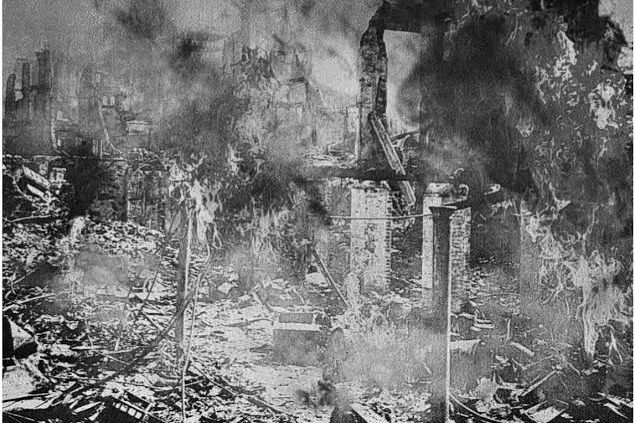
The Cuban Missile Crisis in October 1962 is universally cited as the closest the world has come to full-scale nuclear war. For 13 days, a confrontation between the U.S. and the Soviet Union over Soviet missiles in Cuba hung on the brink, requiring meticulous calculation and restraint from leaders Kennedy and Khrushchev. A single miscommunication, an unauthorized military action, or a lack of diplomatic backchanneling could have resulted in the launch of nuclear warheads, as was nearly done by Soviet submarine commander Vasili Arkhipov, who alone refused to fire a nuclear torpedo. Experts agree that a nuclear exchange at that time would have quickly escalated into a global conflict, leading to the destruction of major cities and a nuclear winter that could have collapsed human civilization and most life on Earth. The peaceful resolution was a near-miracle that literally saved the world.
9. What if Vietnam ended differently?
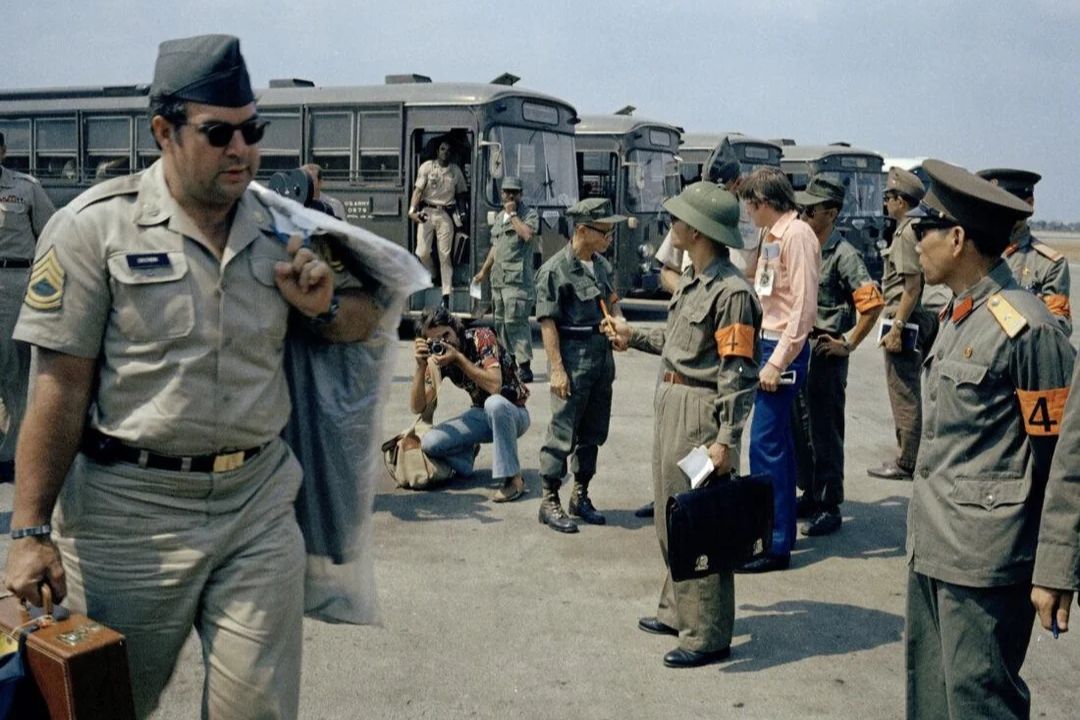
The Vietnam War (1955-1975) was a military and ideological conflict that deeply scarred the American psyche and reshaped Southeast Asia. Had the U.S. achieved a decisive military victory, it could have profoundly altered the course of the Cold War, perhaps emboldening future presidents to engage in more large-scale interventions to contain communism. Conversely, if the U.S. had never intervened at all, a genuine option at several points, the region’s geopolitical development would have been radically different, avoiding the deaths of millions of Vietnamese and Cambodians. Most significantly for America, the war’s actual conclusion led to an enduring, deep-seated distrust in government and military institutions, a cultural legacy that political scientists argue fueled the cynicism and polarization that defined much of post-1970s American politics. A different outcome would have meant a more trusting, less culturally divided U.S.
10. What if Watergate never happened?
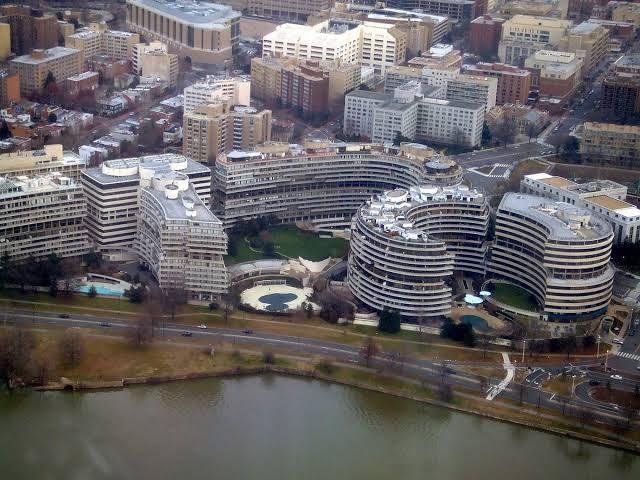
The Watergate scandal (1972-1974) and President Richard Nixon’s subsequent resignation were a pivotal American crisis that permanently redefined the presidency. If the break-in had never occurred, or if the cover-up had been successful, the long-term erosion of public faith in government institutions might have been far less severe. Political scientists trace the surge in voter cynicism, media distrust, and political polarization directly back to the revelations of systemic executive branch abuse. Had Nixon succeeded, the presidency might have retained a greater sense of moral authority. However, the alternative is also troubling: if unchecked, the pattern of executive overreach and clandestine operations that characterized the Nixon White House might have solidified, making the presidency an even more powerful, and potentially more dangerous, office with fewer legislative or journalistic constraints to check its power.
11. What if the Berlin Wall never fell?
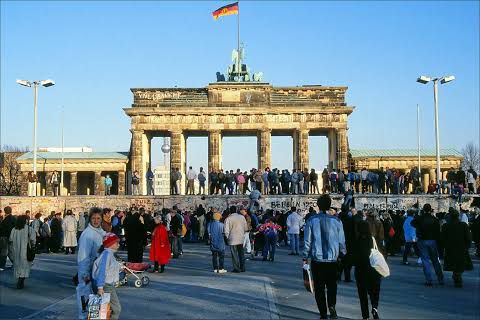
The dismantling of the Berlin Wall on November 9, 1989, was the symbolic and literal end of the Cold War. Had the mass protests been violently suppressed, or if Soviet leadership had chosen to militarily reinforce the East German regime instead of showing restraint, the Wall could have remained standing indefinitely. In this scenario, Germany would likely have remained a divided nation, and much of Eastern Europe would have stayed under Moscow’s political and economic domination. The North Atlantic Treaty Organization (NATO) would have remained a highly militarized, frontier-based alliance, and the global spread of free-market democracy might have been severely curtailed. As Francis Fukuyama argued, the fall of the Wall was seen as the “end of history” in a political sense; without it, the 21st century would have begun locked in the familiar, tense rivalry between East and West.
12. What if 9/11 had been stopped?
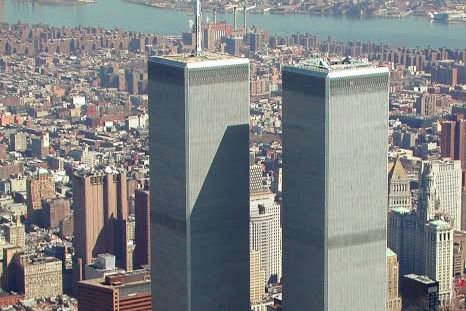
The September 11, 2001, terrorist attacks were a single, catastrophic event that immediately reshaped global history. Had better intelligence sharing between agencies like the CIA and FBI, or more effective security protocols, stopped the hijackers, the U.S. would have avoided the cascade of subsequent events. Most consequentially, the invasions of Afghanistan and Iraq, wars that claimed millions of lives and cost trillions of dollars, would likely never have been authorized. The subsequent rise of pervasive government surveillance, the expansion of the national security state, and the enduring “War on Terror” mentality might have been completely averted. As chronicled by Lawrence Wright in The Looming Tower, 9/11 redirected American foreign policy and cultural priorities toward endless conflict and suspicion, turning a Tuesday morning into a pivot point for a world that would otherwise have remained focused on globalization and prosperity.
13. What if the 2008 financial crisis hadn’t happened?
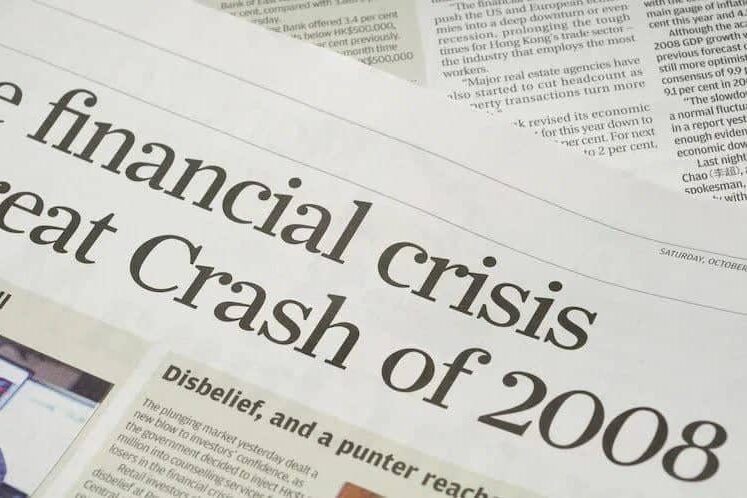
The 2008 global financial crisis, triggered by the collapse of the U.S. housing market and the interconnected global banking system, nearly caused a total systemic economic failure. If regulators had intervened earlier against the predatory lending and widespread packaging of subprime mortgages, the collapse might have been averted or severely mitigated. Avoiding the crisis would have meant continued, steady economic growth, preventing the mass unemployment, foreclosure crisis, and government bailouts that followed. Economists like Ben Bernanke, who was Federal Reserve Chair during the crisis, stress how fragile the system was. Crucially, the crisis destroyed public trust in financial elites and capitalism, fueling the rise of populist political movements across the globe, from the Tea Party in the U.S. to various European movements. A world without the 2008 crisis would likely be more economically stable and less politically polarized today.
14. What if climate change had been tackled earlier?
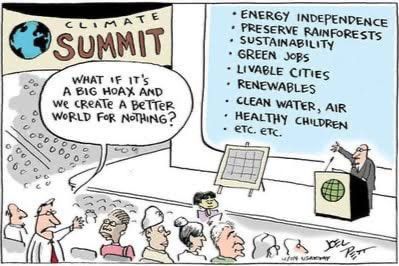
By the 1980s, scientific consensus on the dangers of greenhouse gas emissions and anthropogenic climate change was already solidifying. If global leaders had acted with the collective urgency shown in successfully addressing the hole in the ozone layer with the 1987 Montreal Protocol, the world’s climate trajectory would be vastly different. Science historians like Naomi Oreskes argue that political lobbying and fossil fuel industry pressure blocked effective action. Had a global transition to clean energy been enacted 40 years ago, today’s world would likely feature significantly lower global temperatures, reduced severity and frequency of extreme weather events (such as megastorms and heatwaves), and less risk of catastrophic sea-level rise. The fundamental premise is that a stable climate would have meant a more secure geopolitical environment, avoiding the future-shaping economic and migration crises expected from climate breakdown.
15. What if COVID-19 had been contained?

The COVID-19 pandemic (2020–present) caused immense loss of life and a massive, global social and economic disruption. If the virus had been contained quickly, either through more effective international coordination, immediate and widespread border closures, or better public health messaging and infrastructure, millions of lives and trillions of dollars in economic activity could have been saved. The pandemic exposed and exacerbated deep societal inequalities and vulnerabilities worldwide, accelerating existing political polarization and distrust in government and scientific institutions. Had the pandemic been a minor, quickly-managed outbreak, the political and social scars of the last few years, from the widespread adoption of remote work to the intense debates over mask and vaccine mandates, might not exist, and the 2020s would have begun on a far more prosperous and less psychologically taxing note.
16. What if Russia hadn’t collapsed in the 1990s?
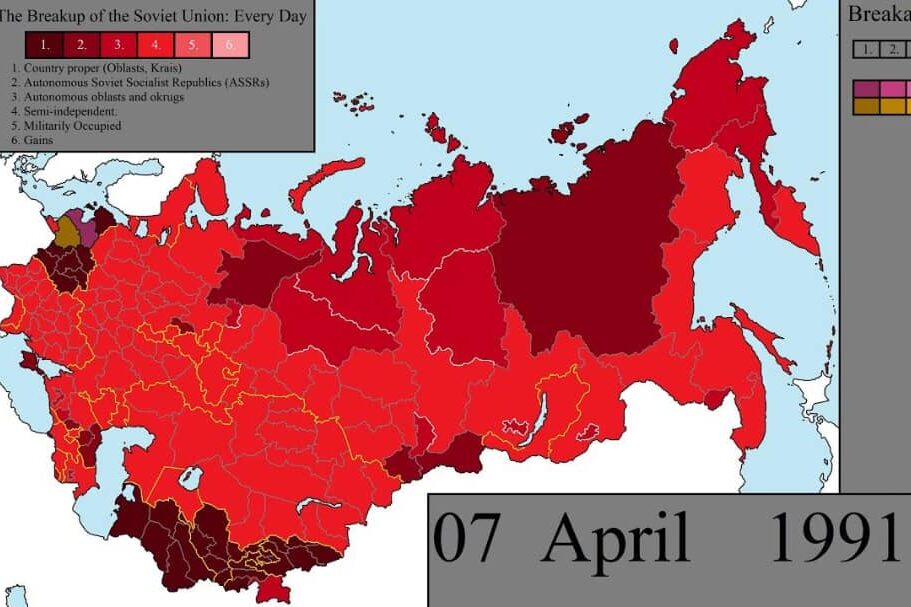
The dissolution of the Soviet Union in December 1991, while seemingly inevitable in hindsight, was the result of a fragile interplay of economic collapse, political choices, and popular dissent. Had Soviet leaders made different policy decisions, as argued by historians like Stephen Kotkin, or had the 1991 August Coup succeeded, the USSR might have endured in some revised, federal form. A surviving Soviet Union would mean the Cold War would likely still define global politics today, with a bipolar world order, slower globalization, and potentially a less widespread diffusion of democracy. Furthermore, the modern-day Russian Federation, dealing with the traumatic economic ‘shock therapy’ and loss of empire, might not have been led by a figure like Vladimir Putin. A world with two enduring rival superpowers would be fundamentally more divided and potentially more volatile.
17. What if space exploration had stalled completely?
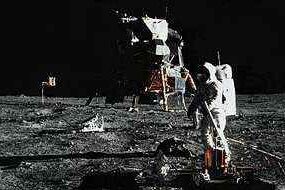
The Space Race and the Apollo 11 Moon landing in 1969 were not just symbolic achievements but massive engines of technological progress. If funding for the U.S. space program had been cut before major successes, or if the programs had been consistently hampered by technical failure, the ripple effects on modern life would be profound. Many essential technologies we now take for granted, including satellites for global positioning (GPS), weather forecasting, global telecommunications, and much of modern computing, were direct offshoots (spin-offs) of the massive research and development efforts of NASA and its contractors. Without this investment, our world would look significantly less connected, less data-rich, and perhaps technologically stalled at a level closer to the mid-20th century. Space exploration gave humanity a technological leap forward that defines the digital age.
18. What if nuclear weapons had been abolished?
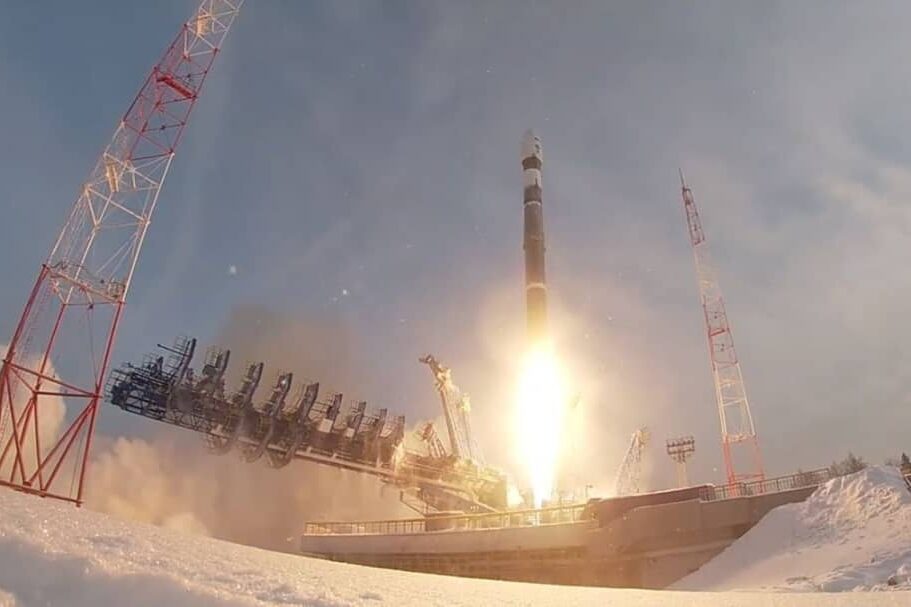
Immediately after the bombings of Hiroshima and Nagasaki, leaders, scientists, and ethicists debated the possibility of placing nuclear weapons under international control or outright abolishing them before they spread. If this effort, championed by figures like Albert Einstein, had succeeded, the world would have been spared the existential, decades-long threat of global annihilation that defined the Cold War. While conventional wars would still occur, the total scale of risk would be far lower. Critics argued that a world without nuclear deterrents, like the fear of mutually assured destruction (MAD), might make large-scale conventional warfare between great powers more likely. Nonetheless, a successful disarmament effort would have fundamentally altered international relations, freeing up trillions of dollars from defense spending and removing the single darkest shadow under which the entire latter half of the 20th century was lived.
19. What if the internet had never taken off?

The Internet, especially the user-friendly World Wide Web, rewrote the structure of modern society in a matter of decades. Had it remained an obscure academic or military network, entire global industries would not exist, and daily life would be radically different. People would rely on physical mail and phone calls; commerce would remain localized; media consumption would be dominated by print, radio, and broadcast television; and political movements would organize without the speed and reach of social media. While this would mean stronger personal privacy and a much slower spread of misinformation and polarizing content, it would also mean slower economic innovation, less educational access in remote areas, and a lower level of global interconnectedness. A world without the internet is a world where the engine of modern information-based society is significantly absent.
20. What if AI reshapes everything?
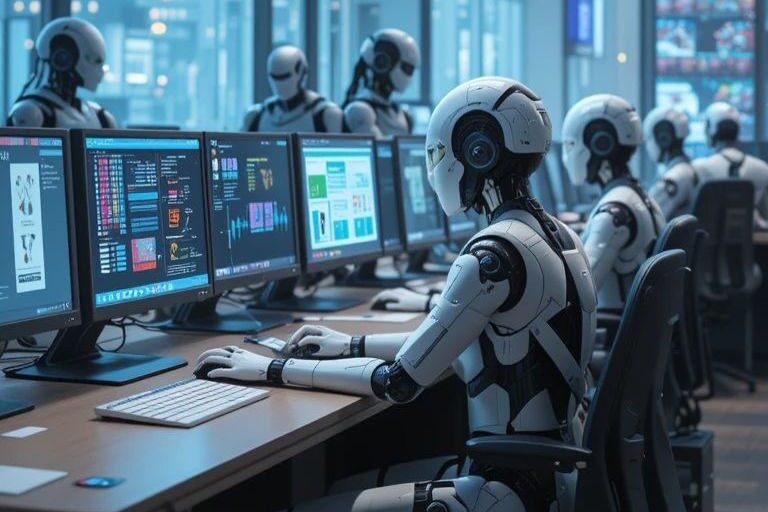
This “what-if” is unique because it is the future moment we are currently living through. Artificial Intelligence (AI) is rapidly emerging as a transformative technology on the scale of electricity or the internet. The “what-if” hinges on its trajectory: will AI be a purely benevolent tool that maximizes human potential and solves complex problems like climate change and disease, or will it create profound social instability? Scholars like Yuval Noah Harari warn of a future where AI could automate entire sectors of the economy, leading to mass unemployment, and potentially centralize power and surveillance in ways that challenge fundamental human identity and democracy. A century from now, historians may look back at this decade, the 2020s, as the definitive pivot point when humanity either successfully integrated a new form of intelligence or ceded control to it.
History, when viewed in reverse, often appears to have been an inevitable march to the present. Yet, looking at these 20 moments shows how narrow the margin for error has been. Our current reality is a delicate construction, forged by decisions, accidents, and surprising moments of grace. Thinking about what might have been is a powerful exercise not in regret, but in understanding how incredibly precious, and precarious, the world we inhabit truly is.
This story 20 What-If Moments from the Last 120 Years That Could Have Changed Everything was first published on Daily FETCH


